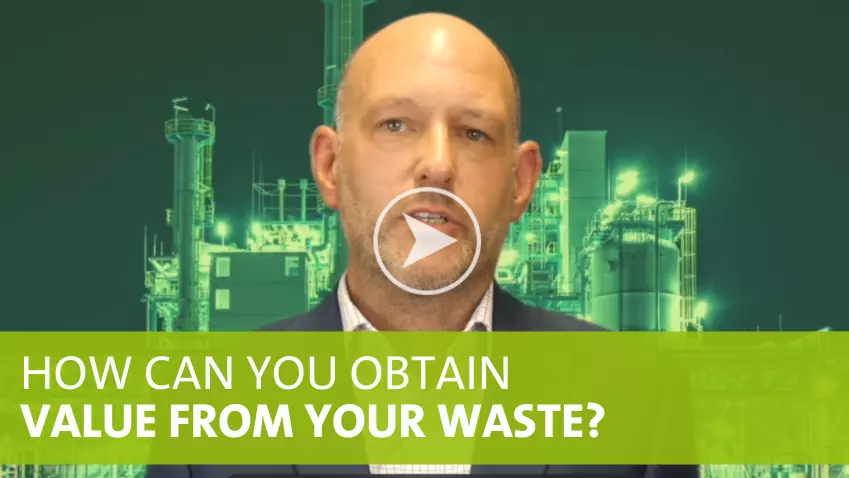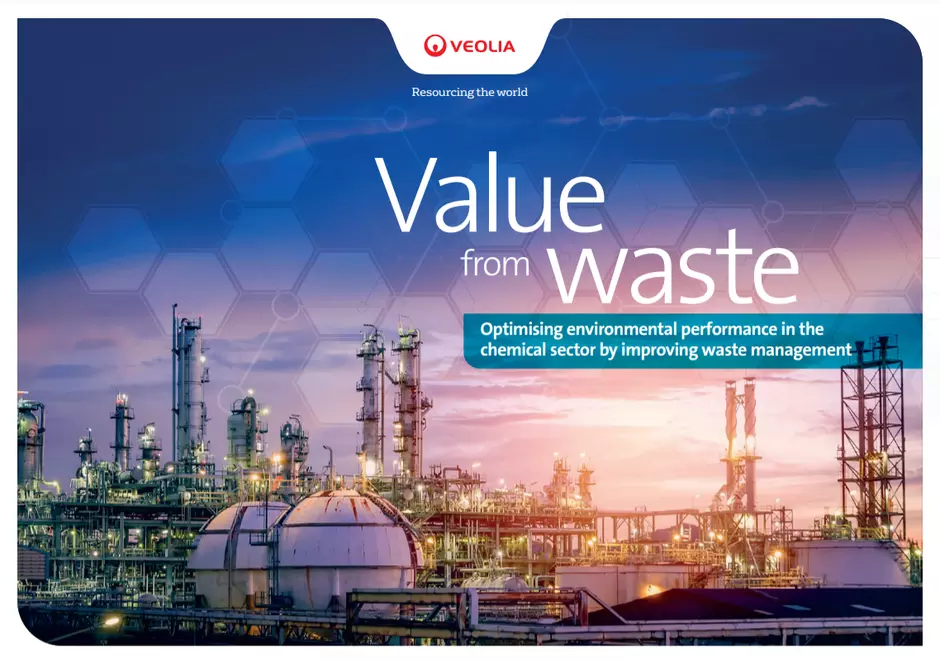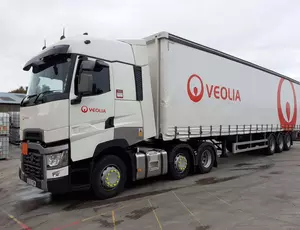For businesses in the chemical sector, waste disposal can be a huge expense. Understanding what makes up your waste streams, and therefore being able to improve waste segregation, can cut costs.
Don't treat all your waste the same
When waste isn't properly segregated, one waste stream can have a detrimental effect on how it all gets treated.
For example, contaminating non-hazardous waste with hazardous means that the whole load has to be incinerated, when it may have been possible to recover some materials. Incinerating more waste than necessary can also cause needless expense.
Get to know your waste
Minimising the amount of waste that gets sent to incineration begins with greater segregation. Incineration of some waste is unavoidable in the chemical sector due to the nature of the materials produced, but a detailed analysis of your waste may reveal that there are large quantities which are able to be recovered. Veolia can conduct waste mapping on your site, which provides 'cradle to grave' detail of your waste, allowing us to see what waste materials are being produced, and at which point in the production process. We assess all waste streams using BATNEEC (Best Available Techniques Not Entailing Excessive Costs), and ensuring we are aligned to your business's high standards.
This process then enables us to segregate different waste streams, and introduce different treatment routes for each. For some waste, this will mean being declassified from a D code (destruction with no recovery) to an R code (able to be recovered). This waste can be treated in a more cost-effective, less carbon-intensive manner; it may even be possible to treat the materials on-site, saving further costs. Declassifying waste opens up the potential for recycling and reuse, helping to drive your business's waste up the hierarchy.
Watch Mark Thompson, Regional Sales Manager for Hazardous Waste at Veolia UK, as he explains how Veolia can support your business to extract more value from your waste streams.

Make the most of your waste
While some companies may offer to recover all of your business's waste, due to the treatment methods involved this is actually more carbon-intensive than segregating waste and treating each stream individually. We segregate waste according to disposal codes, meaning that we can recover as many materials as possible, and aim to declassify as much waste as possible from a D to an R code. In addition, we work to eliminate waste at the source, by analysing your production processes and recommending changes which will eradicate waste materials that are being produced. This again offers a more sustainable option, as it eliminates the need for the transfer and treatment of waste elsewhere.
We offer a tailored solution to each business dependent on the nature and the volume of the waste streams produced on-site. This is why waste mapping and increased segregation are the crucial first steps, enabling both you and us to understand your waste. Only with that understanding will you be able to unlock the cost-savings and environmental benefits that may be present in your waste materials.




